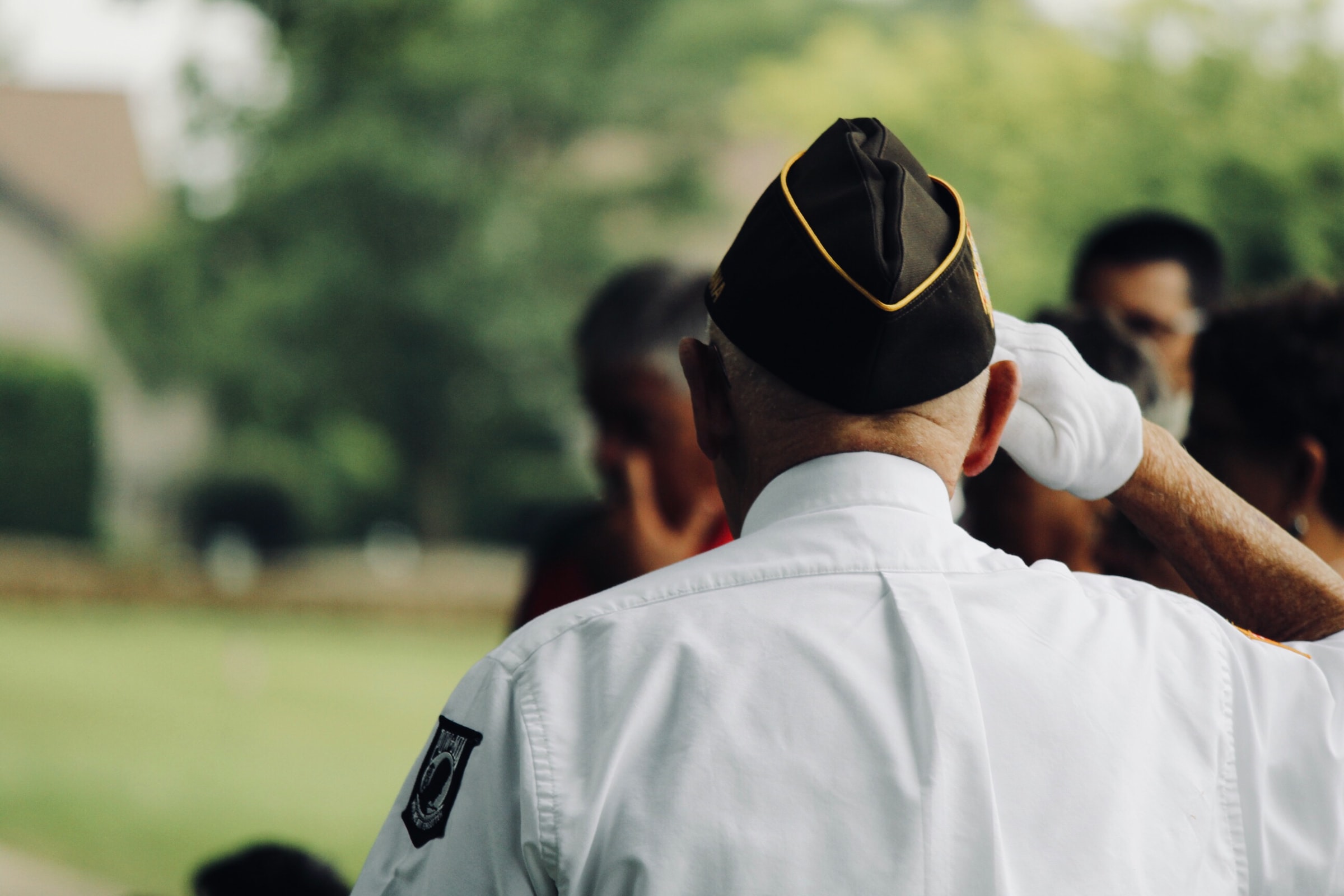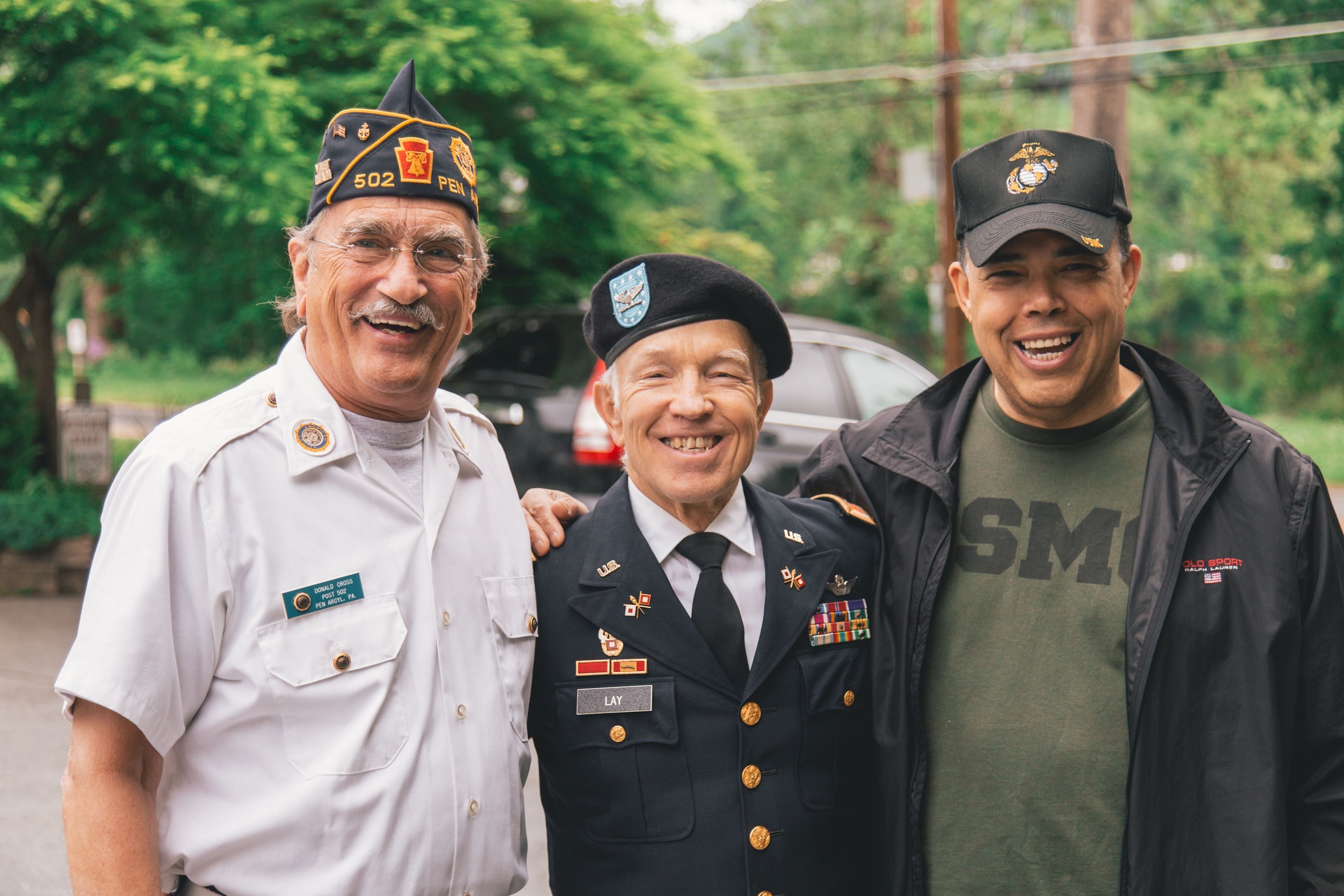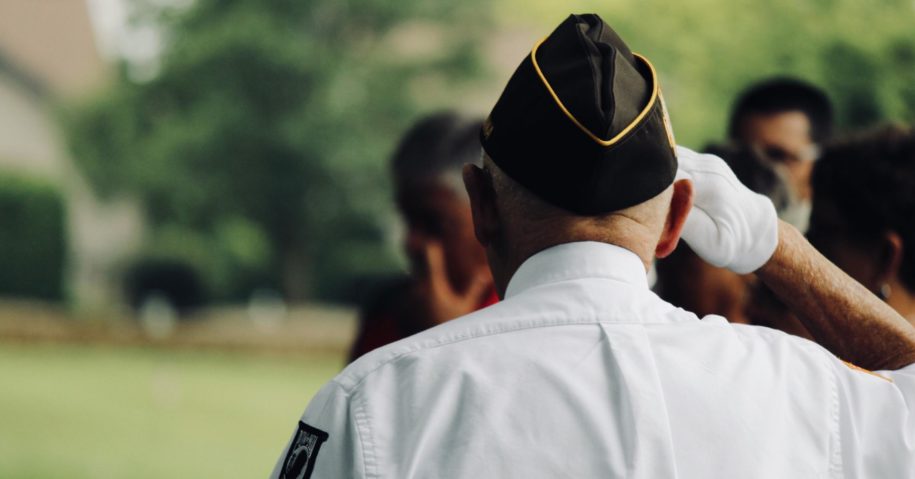Find Ways To Support Our Veterans

Consistently, improving the treatment of veterans in the United States has been something both political parties can agree on. In fact, equally 72% of Democrats and Republicans say “if they were making the federal budget, they would increase spending for veterans’ benefits and services.” Despite this unanimous support, many veterans face economic, physical and mental hardship when returning to civilian life.
But why is that the case, and what can we do to improve the lives of the nearly 19 million living veterans in our country? In this article, we aim to explore veterans’ issues, analyzing where they come from, and ways we as individuals can make a difference.
Financial and Occupational Insecurity
Many veterans can make the transition from military to civilian life without difficulty, reentering the population with ease. However, 27% of veterans described their re-entry as difficult, “a proportion that swells to 44% among veterans who served in the ten years since the Sept. 11, 2001, terrorist attacks.” The point of re-entry is where many veterans face their greatest challenges, which can balloon into lasting issues.
One of the most common issues veterans face is financial and employment security. Over the past few decades, military service has increasingly not been viewed as experience applicable to civilian employment. This is reflected in a blog written by Vincent H. Clarke for Veterans Affairs, where he describes the issues his brother experienced when applying for civilian employment. “He’d bring up the military experience on his resume, but the employer seemed to just wave off what he had said with an ‘oh, that’s interesting,’ and move on to his civilian work experience. Since he had enlisted at 18, David had very little work experience in a civilian setting, and as a result, didn’t get the job.”
Because of some employers’ inability to see the workplace values of veterans, many vets have to settle for employment below their qualifications, leading to a cycle of financial insecurity. As many as 1 in 9 veterans live at or below the poverty line, and despite composing only 6% of the population, 8% of the country’s homeless population are veterans. It is clear that there is an issue facing many veterans when looking for employment, yet how can we break this cycle?
The most obvious ways of promoting veteran employment is by changing the narrative around the workplace value of military service, while supporting businesses which prioritize the hiring of veterans. From Intel to Boeing, Love’s to Merck, there are numerous companies which recognize military service in their hiring process, and can attest to the value veterans bring. The next step is demanding the same of our own employers, creating spaces which promote and support veterans within the workplace. The neglect of veterans in the workplace can be remedied with a shift in perspective, helping elevate millions of veterans out of poverty and homelessness.
Mental Health

Although general work environments need reform to see the value in military experience, there are other issues which complicate veterans’ re-entry into civilian life and compound economic instability. One of the most pressing issues is physical and mental harm caused during service. Studies have found between 15% to 30% of veterans screened positive for post-traumatic stress disorder (PTSD).
While many veterans suffering from PTSD experienced their trauma in combat situations, however it is important to recognize that this is not the case for all veterans with PTSD. Non-combat PTSD can arise for a multitude of events which could happen, even for soldiers stationed on American soil. Whether it’s natural disaster, training accidents, or sexual and/or physical assault, military PTSD arises from numerous triggers and events, and affects each person in dramatically different ways.
Disabilities – mental or physical – sustained in the military must not be seen as a devaluing trait of veterans. This is important for workplaces, yet this is also emblematic of a larger issue in general society regarding those with disabilities. According to the RAND Corporation, “Despite the efforts of both the U.S. Department of Defense (DoD) and the Veterans Health Administration to enhance mental health services, many service members are not regularly seeking needed care when they have mental health symptoms or disorders. The research team hypothesized that mental health stigma may be a barrier to mental health treatment-seeking among military service members.”
Much like the rest of the general population, veterans face a stigma in addressing their mental health. Whether it’s concerns of being seen as weak or broken, many veterans do not seek out professional help. Left unassisted, mental health symptoms can compound and negatively affect social, emotional and cognitive functionality, intensifying the issues many veterans face when trying to re-enter civilian life and the workplace.
Doing More For Veterans

As of 2018, 7% of the American population is veterans. Although this is a relatively small fraction of the populace, veterans are intermixed among all economic, social, geographic and political classes. There is no singular type of veteran, and the United States military contains people from all walks of life. It can safely be assumed that this is why – despite political divisiveness – the topic of the treatment of veterans has always been bipartisan; despite one’s upbringing and status, there is a high likelihood someone in their community and/or family is a veteran or active service member.
While most Americans want optimal opportunity for veterans, we have not taken the initiative to break the stereotypes and misconceptions which perpetuate the issues facing veterans. The experience veterans gain during their service is valuable and applicable to employers of all kinds, and we must all champion that knowledge at our own places of work. Veterans suffering from mental illness – whether or not it was caused by their time in the service – are not broken or incapable of returning to civilian life, and such stereotypes only make it harder for veterans to return to a sense of normalcy.
Celebrating our veterans is like advocating for any social issue; it requires action to change the system for the better. To find more ways you can help veterans around the country, check out Impactree’s Veteran Support group.

